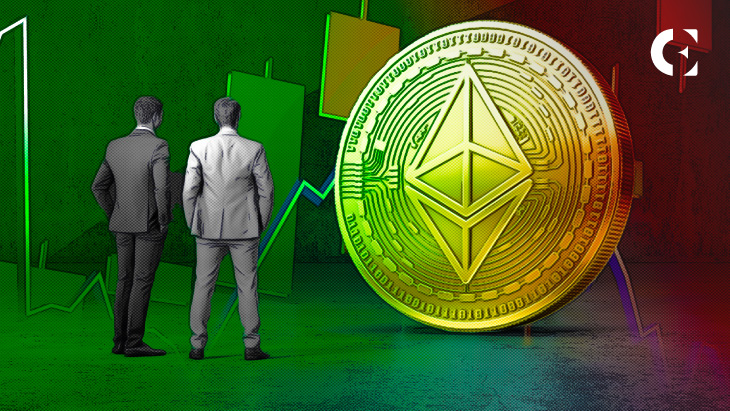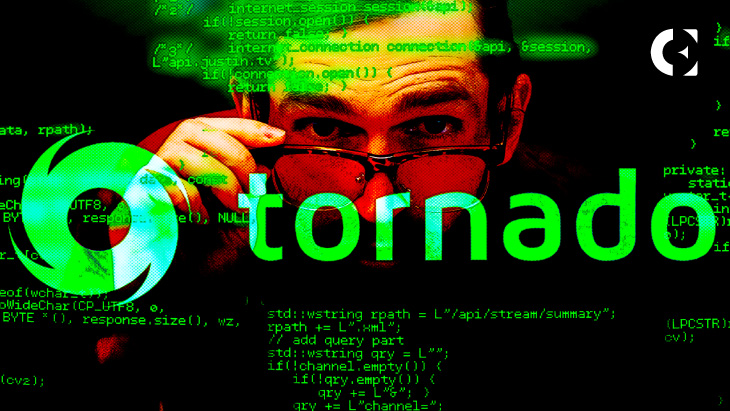- Authorities in South Korea are closely monitoring the Ripple vs SEC lawsuit.
- The verdict in the case might have an effect on national regulation.
- A ruling in the Ripple vs SEC litigation is anticipated soon.
The Financial Supervisory Service in South Korea is keenly following the US Securities and Exchange Commission’s (SEC) action in the Ripple lawsuit. Local media sites claimed that the FSS would review the verdict of the lawsuit and take its recommendations for local legislation into consideration.
Financial Supervisory Service’s Digital Asset Research Team is carefully reviewing the Ripple lawsuit by focusing on overseas cases related to virtual assets, according to Korean news outlet News 1.
Prior to this, the Financial Supervisory Service stated in its business plan for this year, which was announced on February 6, that it would,
Revise regulations and formats so that token securities can be issued and distributed in accordance with relevant guidelines, and hold a briefing session for the industry.
As per the local media, the outcome of the Ripple lawsuit will have a big impact on whether crypto assets are regarded as securities in the market. The financial regulator in South Korea has made many efforts to control the crypto sector.
Nevertheless, the decision of the Ripple v. SEC litigation might have a particularly significant impact because it centers on the question of whether specific crypto assets qualify as securities.
Furthermore, recent discussions among South Korean regulators have focused extensively on the question of whether crypto tokens genuinely qualify as securities. Plans to regulate crypto assets as securities were announced by the nation’s Financial Services Commission. This, however, needs ratification and has not yet received legislative approval.
The law aims to legitimize crypto, but regulators want to put in place a number of safeguards first. Addresses related to North Korean organizations have also been blacklisted in South Korea.
Disclaimer: The information presented in this article is for informational and educational purposes only. The article does not constitute financial advice or advice of any kind. Coin Edition is not responsible for any losses incurred as a result of the utilization of content, products, or services mentioned. Readers are advised to exercise caution before taking any action related to the company.










